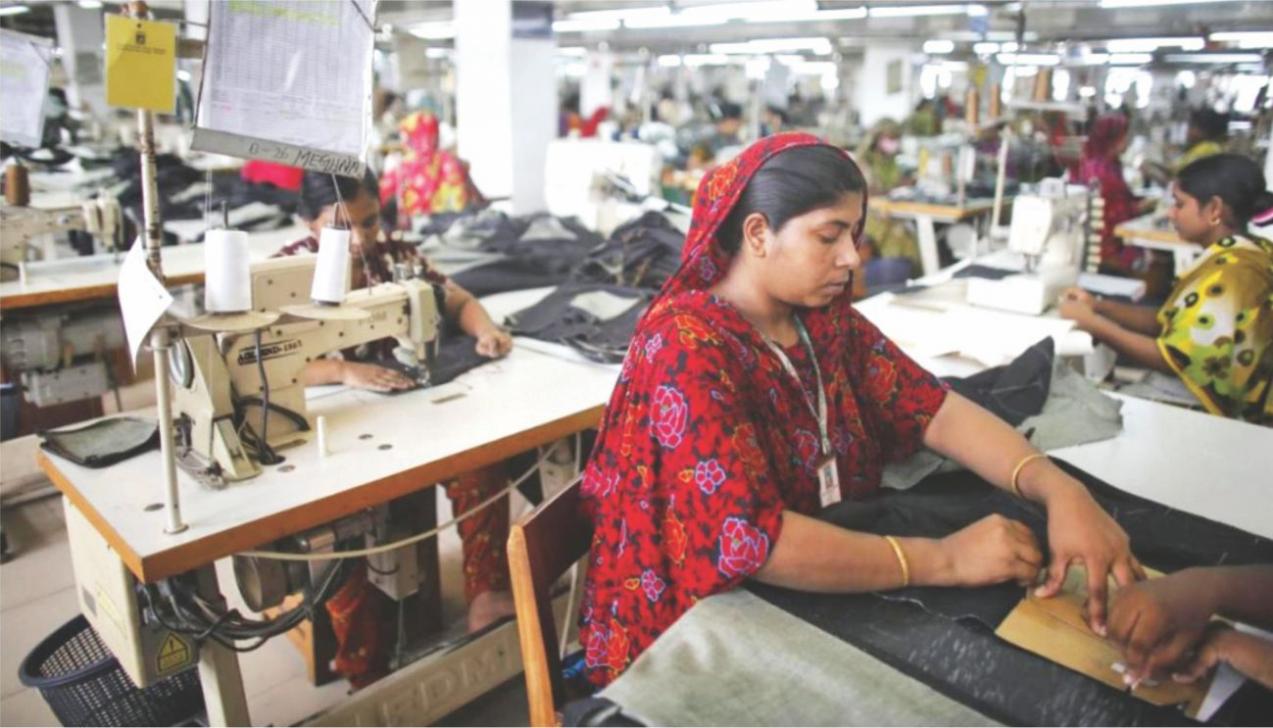60pc RMG workers to lose jobs by 2030

Some 60 percent of garment workers in Bangladesh will lose jobs by 2030 and will be replaced by robots because of the automation brought about by factory owners, said a top BASIS official yesterday.
In the leather sector, some 35 percent will suffer the same while 20 percent in the tourism sector, said Syed Almas Kabir, president of the Bangladesh Association of Software and Information Services (BASIS).
“This is very alarming for Bangladesh. Around 1.4 million workers in the furniture sector and 0.6 million jobs in agro-processing will vanish,” said Kabir, while presenting a keynote paper on “Fourth Industrial Revolution – Preparations” at a meeting at The Westin Hotel in Dhaka.
The event was organised by the Bangladesh Malaysia Chamber of Commerce and Industry (BMCCI) and attended by diplomats, government high-ups, exporters and importers.
“The evidence increasingly suggests that while large parts of many jobs will be subject to automation, relatively a few jobs will be really completely automated,” Kabir added.
The automation will have such an impact on agriculture that farmers would be seen using drones instead of workers to spray pesticides, he added. “Education needs to keep pace with the changing demand of new technology. Skills are the magic word.”
In future, the developed and developing countries may set up robot-run manufacturing units as they will not need a lot of workers, according to Kabir.
He spoke of a few emerging technologies, including blockchain, simulation, cloud computing, 3D printing, adaptive manufacturing, human-machine cooperation, speech processing, censors, big data and virtual and augmented reality.
“These are the scales which we need to really focus on right now because the fourth industrial revolution will start impacting Bangladesh within the next three to five years. If we do not teach our university students, college students, they will be at a total loss,” Kabir said.
He suggested making the education system more technology-oriented so that human resources could be transformed with the demand of the industries.
For instance, if the robotics replaces workers, Bangladesh could produce robots for developed and developing countries.
Salman F Rahman, private industry and investment affairs adviser to the prime minister, suggested that business leaders prepare themselves to face the challenges of the fourth industrial revolution.
“The challenges poised to be created due to the fourth industrial revolution will be extremely tough. We need to adopt and model our own network in line with those latest technologies,” Rahman said.
“We see changes in the mode of production, having huge impacts on the job market and economy. Traditional jobs are in danger of no longer being relevant as new occupational requirements are needed,” said Amir Farid Abu Hasan, acting Malaysian high commissioner to Bangladesh.
“New skills development is needed and the right policies are required to fill the gaps due to this fourth industrial revolution. I cannot deny that governments need to take immediate action to avoid the risk of unemployment due to this robotic revolution,” Hasan said.
The diplomat said industrial automation in the developed countries is currently creating new employment opportunities alongside abolishing traditional professions.
Already, the countries of the Association of Southeast Asian Nations are facing the impacts of automation, which has resulted in a large number of people turning jobless.
He suggested researchers, innovators, policymakers and citizens involved be well informed and adequately trained to ensure a better future.
Syed Moazzem Hossain, the BMCCI president, also spoke.
